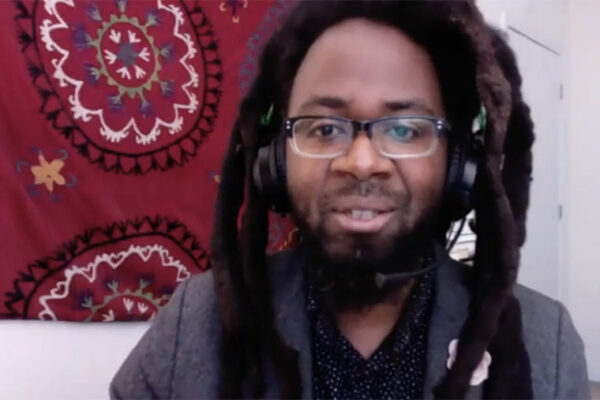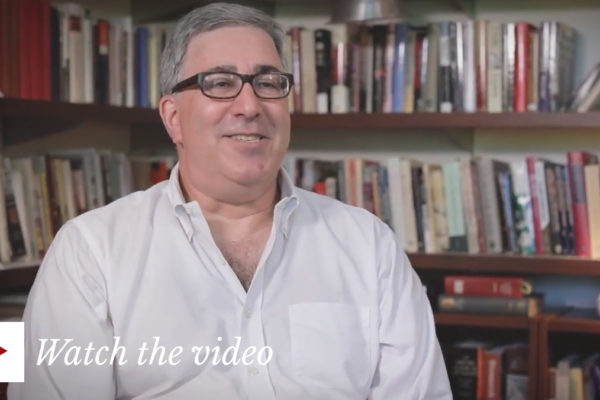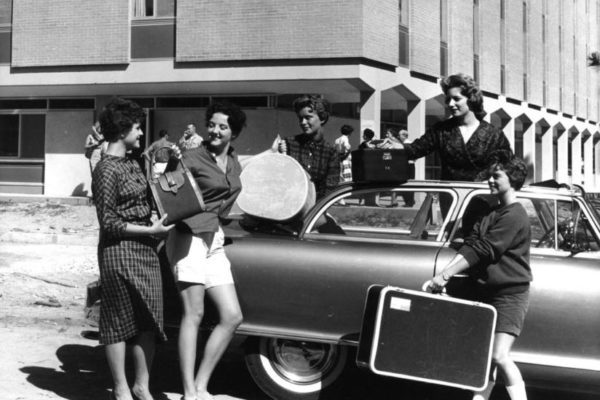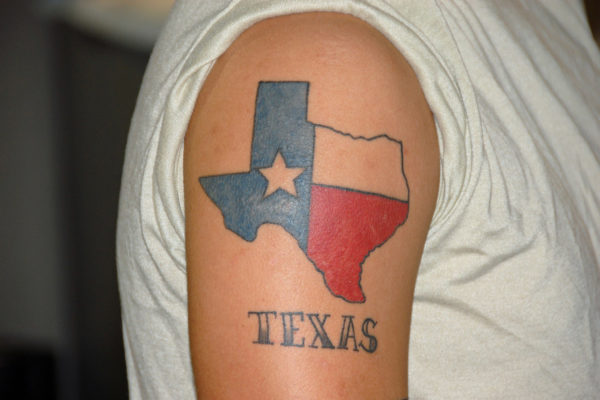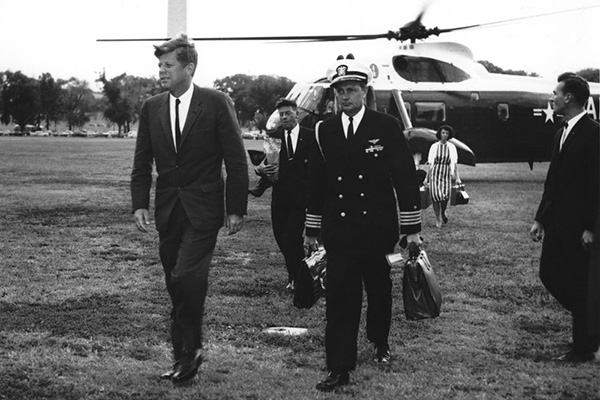Juneteenth and collective progress
Douglas Flowe, assistant professor of history, discusses the history of Juneteenth and its continued resonance for all Americans.
On topic: Hope as an American tradition
In studying and teaching American history, Iver Bernstein noticed the prevalence and importance of hope in the American democratic experiment. Nowadays, it may seem that hope is in short supply, but Bernstein says that it continues to be part of America’s foundation and future.
Bygone WashU quiz
Washington University in St. Louis has been around since 1853. With 165 years of history, the institution has seen many changes to student life. How well do you know WashU’s bygone traditions?
Sorry Virginia, U.S. history isn’t all about you
As the United States celebrates its founding on July 4, new research on “collective narcissism” suggests many Americans have hugely exaggerated notions about how much their home states helped to write the nation’s narrative.
WashU Expert: The nuclear football
It is the ultimate symbol of public trust. Accompanying the president, at virtually all times, is a military aid with a large black satchel known as the “nuclear football.” But for all its prominence in the popular imagination, the football does not contain some sort of “nuclear button” that might allow a president to single-handedly initiate nuclear launch, says Krister Knapp, senior lecturer in history in Arts & Sciences.
History’s Forrester receives grant to study religious, political practices
Max Forrester, a doctoral candidate in the Department of History in Arts & Sciences at Washington University in St. Louis, received a research travel grant from the Cushwa Center for the Study of American Catholicism at the University of Notre Dame.
Awards bring two faculty members new opportunities
Faculty members Darren Dochuk, PhD, and Nancy Reynolds, PhD, will delve into new experiences thanks to awards they received this spring. Dochuk received a residency in China, and Reynolds won a New Directions Fellowship, which allows faculty to train outside their own area of interest.
What historians have to say about global warming
The public discussion of global warming can feel very stuck at times. An innovative course at Washington University in St.
Louis offers a way forward by making available the efforts of historians
to integrate natural history and human history over the past 40 years.
Taught by Venus Bivar, PhD, assistant professor of history in Arts & Sciences, it is an
introduction to a discipline called environmental history, with a
special focus on climate change.
Anthropology student Alena Wigodner receives NSF award
Alena Wigodner, a junior anthropology major in Arts & Sciences, has been selected for a new National Science Foundation Research Experiences for Undergraduates (REU) program
titled “Angel Mounds REU Site: Multidisciplinary Training for Students
in Environmental and Social Sciences through Archaeological Research.”
Déjà vu all over again? Cultural understanding vs. horrors of eugenics
Scientific efforts to explain feeblemindedness, delinquency and racial inferiorities date to the Spanish Inquisition. And while the horrors of Nazi Germany exposed fatal flaws
in science’s quest to build the master race, the ethical dilemmas posed
by the science of eugenics are far from behind us, warns an anthropologist from Washington University in St. Louis.
View More Stories
